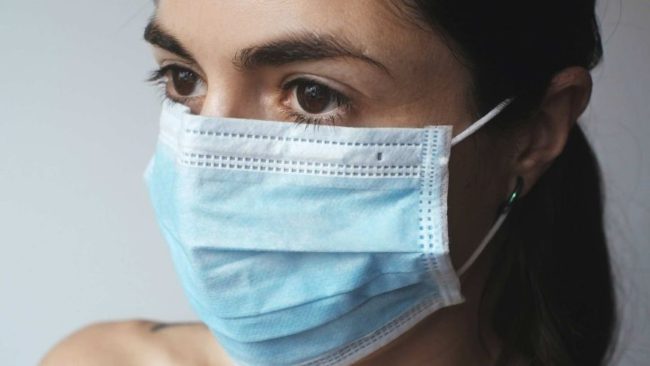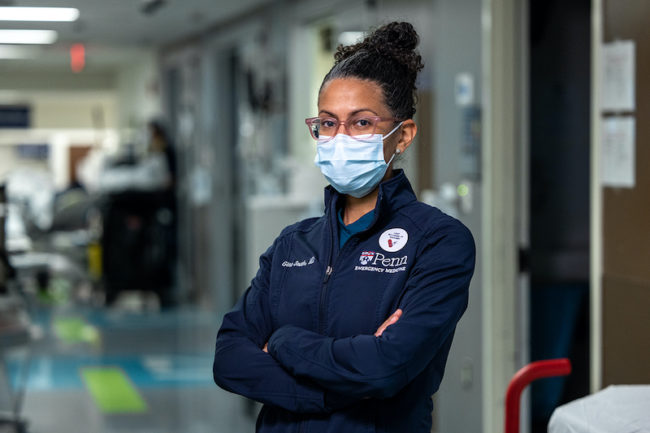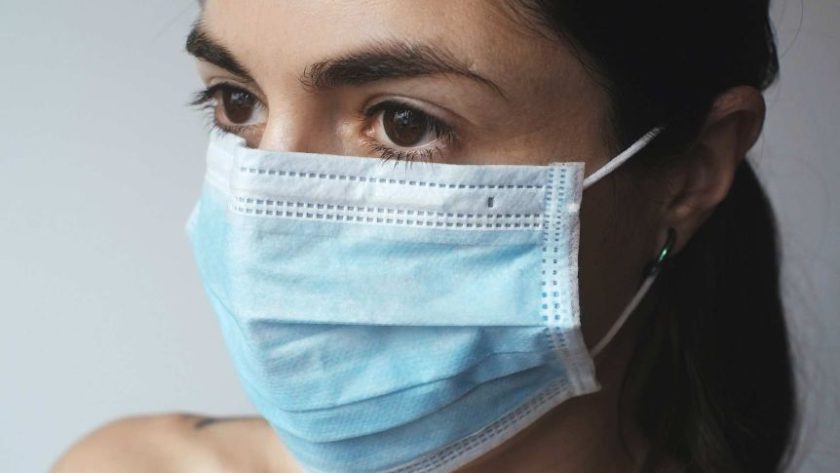
Face masks are recommended because they do truly make a difference. Despite some claiming this is not true, it really is true; the scientific evidence is clear …
- Nature (Oct 2020): Face masks: what the data say
This however is not a posting about the effectiveness of masks, but instead looks into the issue of what happens once the vaccine has been rolled out. Will that be it, do we all toss our masks and forget about COVID-19 forever after?
Kaiser Health News (KHN), a nonprofit health care news service does have some rather interesting insights.
Who?
KHN is a reliable US based source of health care facts. Its website has been heralded for having the “most up-to-date and accurate information on health policy”.
KHN (Jan 15, 2020): 5 Reasons to Wear a Mask Even After You’re Vaccinated
I’ll give you a quick summary by distilling it down a bit. It is still well-worth reading the original source. The 5 that they list are as follows …
- No vaccine is 100% effective
Large clinical trials found that two doses of the Moderna and Pfizer-BioNTech vaccines prevented 95% of illnesses caused by the coronavirus. While those results are impressive, 1 in 20 people are left unprotected, said Dr. Tom Frieden, a former director of the Centers for Disease Control and Prevention.
2. Vaccines don’t provide immediate protection.
No vaccine is effective right away, Malani said. It takes about two weeks for the immune system to make the antibodies that block viral infections.
Covid vaccines will take a little longer than other inoculations, such as the flu shot, because both the Moderna and Pfizer products require two doses. The Pfizer shots are given three weeks apart; the Moderna shots, four weeks apart.
… full protection won’t arrive until five or six weeks after the first shot…
3. Covid vaccines may not prevent you from spreading the virus.
Most other vaccines — including flu shots — prevent people from becoming sick but not from becoming infected or passing the virus to others, said Dr. Paul Offit, who advises the National Institutes of Health and Food and Drug Administration on covid vaccines.
While covid vaccines clearly prevent illness, researchers need more time to figure out whether they prevent transmission, too
4. Masks protect people with compromised immune systems.
People with cancer are at particular risk from covid. Studies show they’re more likely than others to become infected and die from the virus, but may not be protected by vaccines, said Dr. Gary Lyman, a professor at Fred Hutchinson Cancer Research Center.
Cancer patients are vulnerable in multiple ways. People with lung cancer are less able to fight off pneumonia, while those undergoing chemotherapy or radiation treatment have weakened immune systems. Leukemia and lymphoma attack immune cells directly, which makes it harder for patients to fight off the virus.
Doctors don’t know much about how people with cancer will respond to vaccines, because they were excluded from randomized trials
5. Masks protect against any strain of the coronavirus, in spite of genetic mutations.
Global health leaders are extremely concerned about new genetic variants of the coronavirus, which appear to be at least 50% more contagious than the original.
So far, studies suggest vaccines will still work against these new strains.
One thing is clear: Public health measures — such as avoiding crowds, physical distancing and masks — reduce the risk of contracting all strains of the coronavirus, as well as other respiratory diseases, Frieden said. For example, the number of flu cases worldwide has been dramatically lower
What does all this imply?
Masks are not going to be going away soon. Wearing face masks is now a new social normal.
The various measures that are being deployed against COVID-19 are not binary choices. It is not, and never has been, vaccines or face-mask or social distancing or wash your hands. Instead, public health policy on a global scale consists of all of that.
Dr. Eugenia South

The KHN article cites Dr. Eugenia South as an illustration …
As an emergency physician, Dr. Eugenia South was in the first group of people to receive a covid vaccine. She received her second dose last week — even before President-elect Joe Biden.
Yet South said she’s in no rush to throw away her face mask.
“I honestly don’t think I’ll ever go without a mask at work again,” said South, faculty director of the Urban Health Lab at the University of Pennsylvania in Philadelphia. “I don’t think I’ll ever feel safe doing that.”
And although covid vaccines are highly effective, South plans to continue wearing her mask outside the hospital as well.
My intent here is not to dictate that you must wear a face mask forever after, but rather to point out that COVID-19 has changed society.
For some, the wearing of face masks is perhaps here to stay and is going to be the new normal.
The reasons some have for doing this on an on-going basis will not be habit, but because they truly do understand that COVID-19 is not going to go away. We are going to have to learn to live with it. It will most probably become a seasonal thing, like flu, and also like flu, there will be a vaccine for those that opt to have it.
One other effective preventive measure will also be the face mask …
“Masks and social distancing will need to continue into the foreseeable future — until we have some level of herd immunity,” said Dr. Preeti Malani, chief health officer at the University of Michigan. “Masks and distancing are here to stay.”
